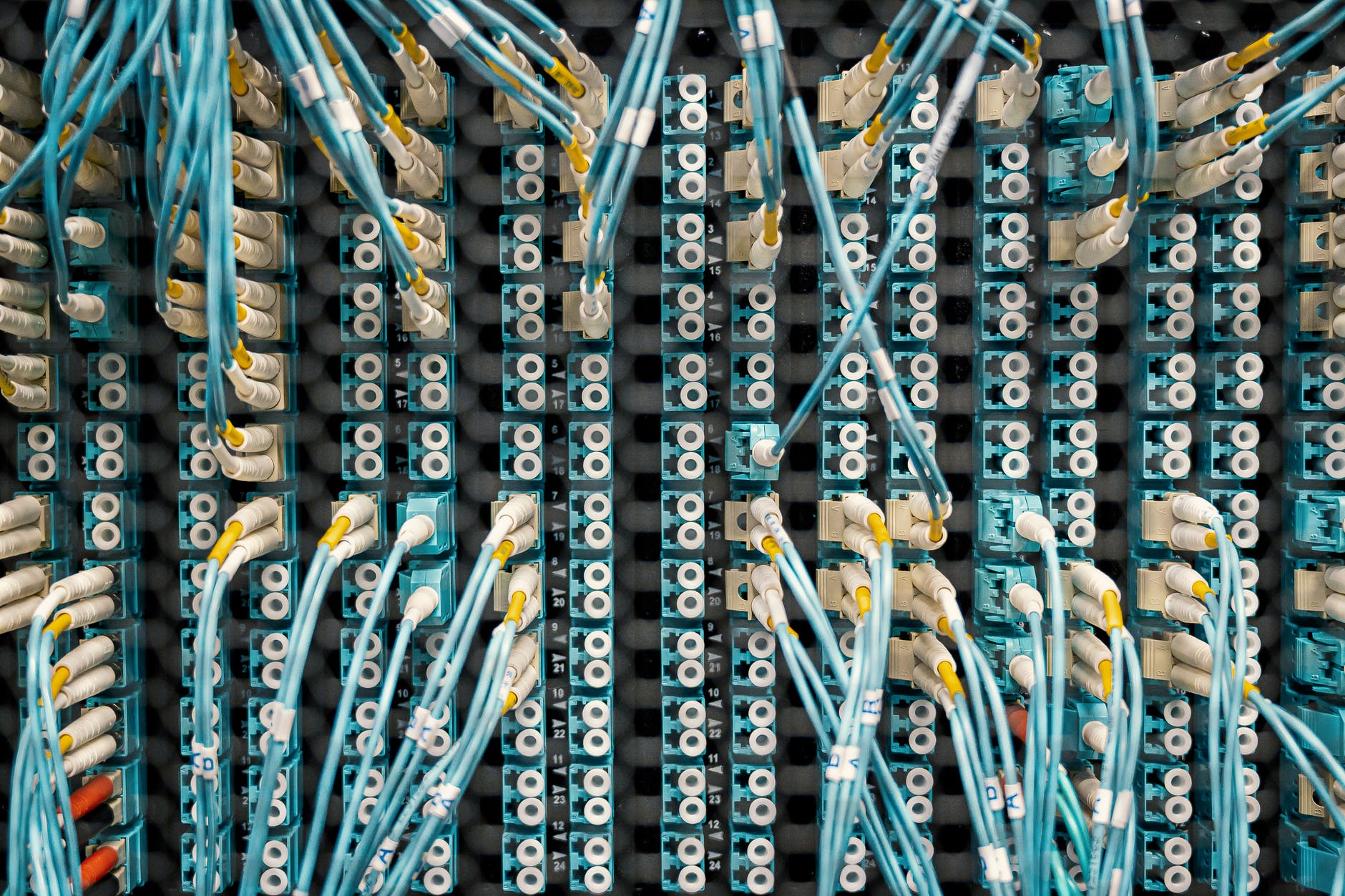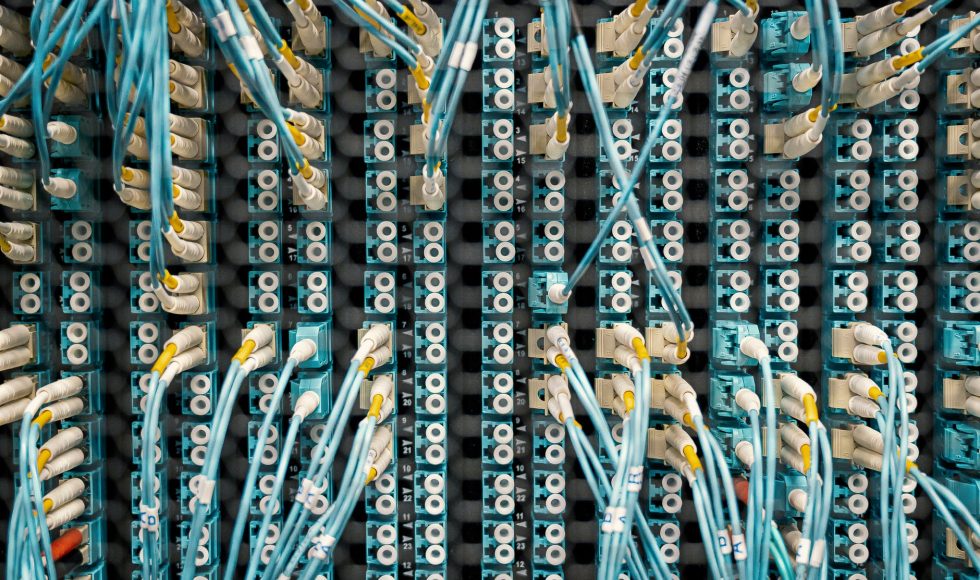Martin Weller, Rob Farrow, Beck Pitt and Paco Iniesto presented about “Care and Community in the GO-GN Network” as part of day 2 of the OERxDomains21 conference. Before this conference, I did not know about GO-GN, and I have watched several sessions about it. GO-GN also supports doctoral students doing open practice. Weller talked about organizing seminar sessions with a dozen graduate students as part of a two-day workshop. The in-person workshop helps the cohort learn from each other, share their journeys, and visit different places. In 2020, they held the session virtually. The GO-GN network also co-produced outputs including a Research Methods Handbook intended to be accessible. Weller talked about how the group communicates using WhatsApp, webinars, a newsletter, and seminars associated with OER 20, for example. Fellows become ALT members an obtain a Reclaim Hosting site. Top five benefits of GO-GN reported webinars and participants also mentioned networking opportunities and a community of peers. Third on the list of features important to members was advice on open practices. Weller talked about the lessons learned from the year of virtual interactions. While the webinars seemed to be successful, it was difficult for new members to interact and truly join the community. Weller emphasized starting with care helped inform their decisions. What strikes me is how global the GO-GN network truly is and how it support students in the process of obtaining graduate degrees. Weller also mentioned that you can join the network as a “friend” to sign up for the newsletters and information.
Next, Erica Hargreave, Lori Yearwood, and Kevin Ribble discussed “Exploring the Web Monetization Standard as a Solution for Sustainability and the Creation of Open Educational Resources.” What is web monetization? That was the first question they asked… and I didn’t have an answer. The response given was now what I expected: “a new and more equitable way for creators to share their content” was the response. The presenters mentioned the Coil web monetization platform to support creators with $5/month payments. The list of resources that can be monetized was intriguing: WordPress sites, videos, games, OERs, and open courses. The example they showed included options for how to display that the site was monetized: banners, gates… or just a note. Some platforms also accept “tips,” and these micropayments go to the creators. They did mention some growing pains and fears by creators. Fortunately, as it becomes more common and more people use platforms for monetization, creators may receive more funds. How sustainable is this model is difficult to determine. Are there privacy concerns using systems Coil?



